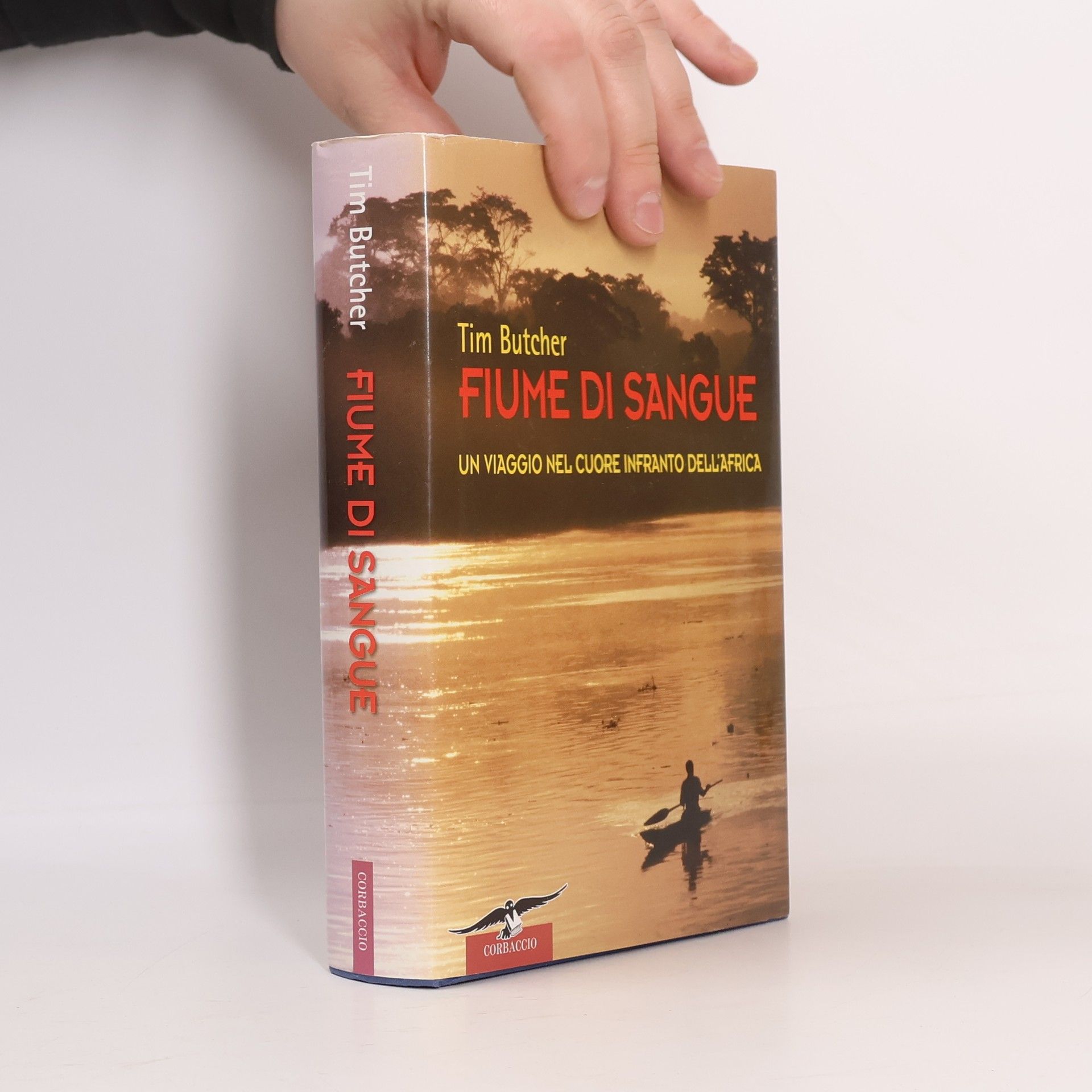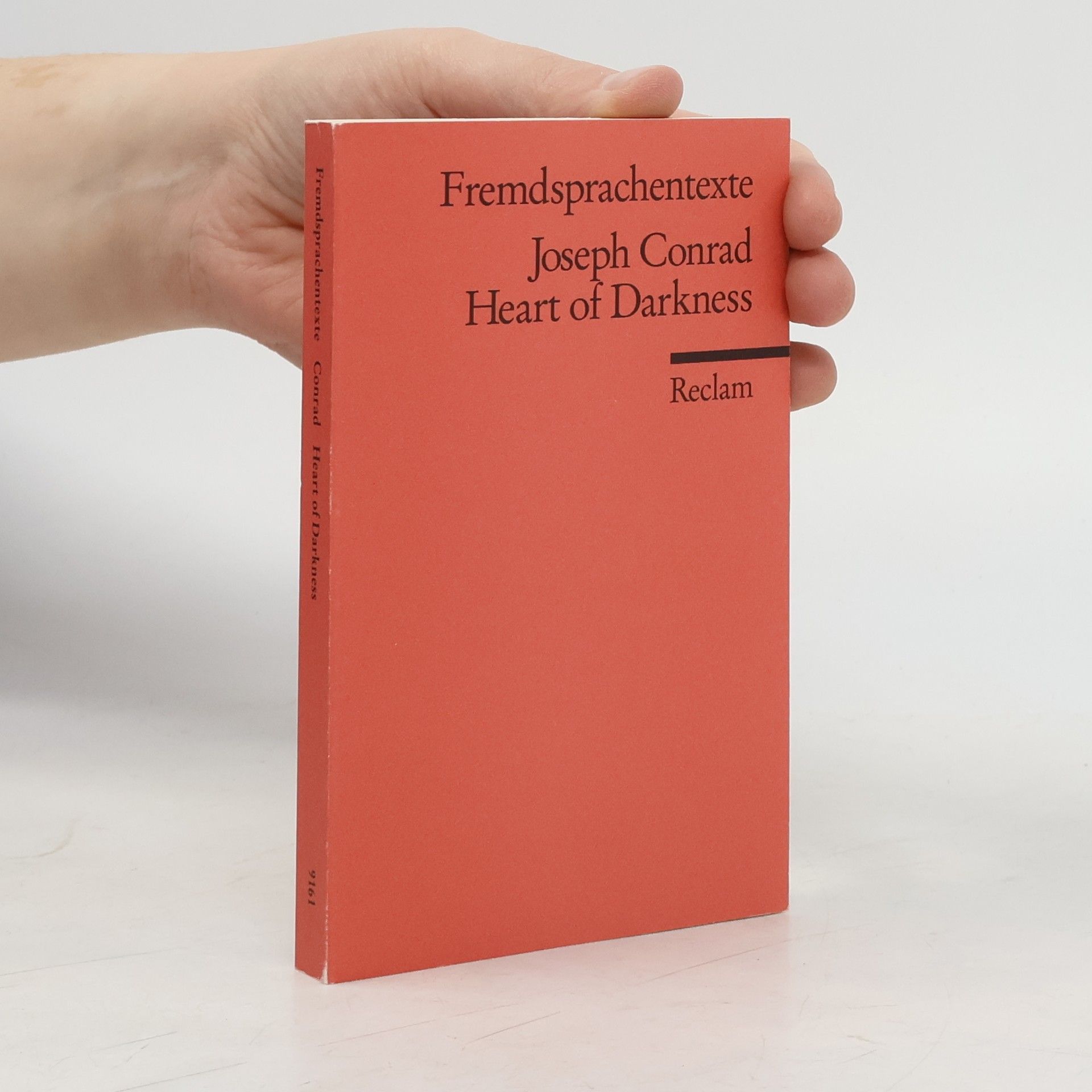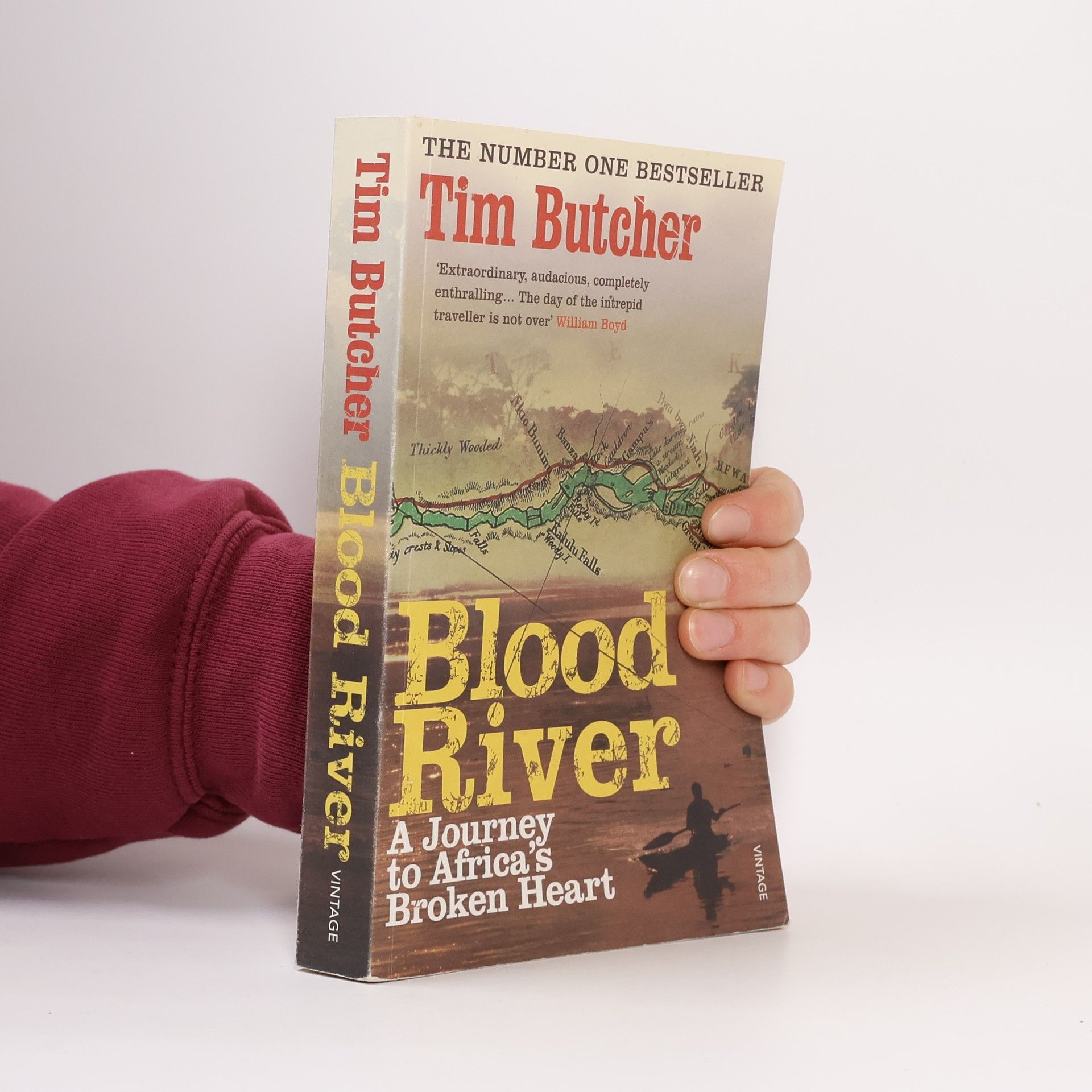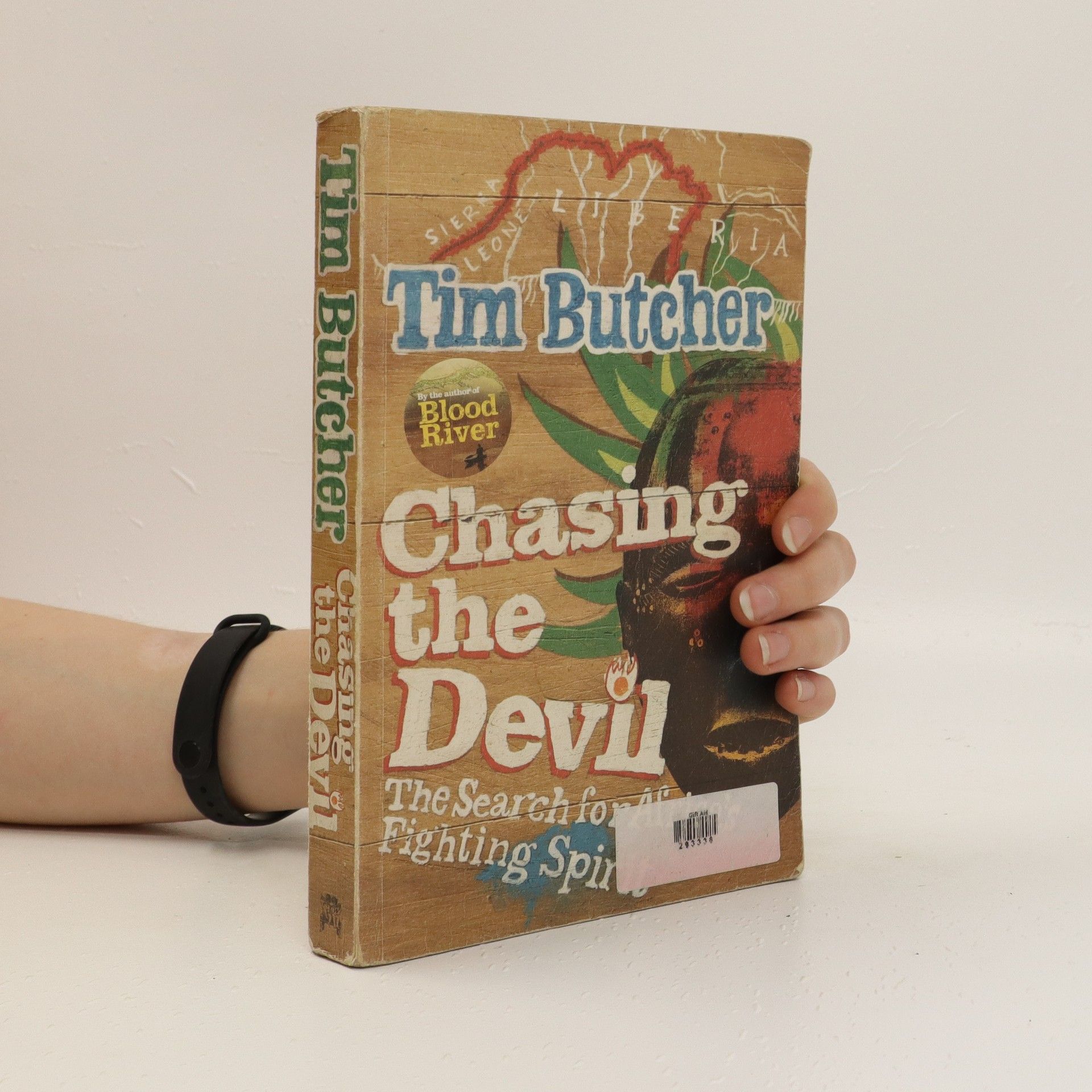Chasing the Devil tells the story of Tim Butcher's audacious expedition from Freetown at the mouth of the Sierra Leone river overland through forest-covered mountains and malarial plains to the coast of Liberia. He ventures deep into areas not visited by outsiders for years. Both nations are on a developmental cusp and Tim explores whether national and international attempts to chase away the devil of war can succeed.
Tim Butcher Books
Tim Butcher is a British author, journalist, and broadcaster known for his compelling narratives from conflict zones and his adventurous travels. His writing is characterized by meticulous observation and a deep exploration of the places he visits, often delving into the history and impact of conflicts on ordinary people. Butcher's style is both analytical and engaging, offering readers insightful perspectives on complex social and political landscapes.






'Blood River' is a readable account of an African country now virtually inaccessible to the outside world and what is perhaps one of the most daring and adventurous journeys a journalist has made.
Heart of darkness
- 188 pages
- 7 hours of reading
Englische Literatur in Reclams Roter Reihe: das ist der englische Originaltext – mit Worterklärungen am Fuß jeder Seite, Nachwort und Literaturhinweisen. Conrad verarbeitet in diesem grandiosen kleinen Roman sein eigenes Kongo-Abenteuer, von dem ihm eine zeitlebens zerrüttete Gesundheit und alptraumhafte Erinnerungen geblieben waren. Der Erzähler Marlow geißelt in der Figur des pervertierten Handelsagenten Kurtz den europäischen Kolonialismus, aber dem Autor geht es um mehr: die Fahrt in den urweltlichen Dschungel wird zur Entdeckungsreise ins Ungewisse der eigenen Existenz, in die Untiefen des Halb- und Unterbewußtseins, ins finstere Labyrinth von Lüge und Schuld. Englische Lektüre: Niveau C1 (GER)
Rzeka krwi Podróż do pękniętego serca Afryki
- 328 pages
- 12 hours of reading
Kiedy Tim Butcher, korespondent gazety „The Daily Telegraph”, został w 2000 roku wysłany do Afryki, szybko pochłonęła go obsesja na punkcie legendarnej rzeki Kongo (płynącej obecnie na terytorium Demokratycznej Republiki Konga, a w dolnym biegu stanowiącej granicę z Kongiem i Angolą). Podróżnik wpadł na pomysł, by odtworzyć słynną XIX-wieczną wyprawę Henry’ego Mortona Stanleya, który podążał wówczas wzdłuż rzeki, odkrywając nieznane Europejczykom tajemnice Afryki. Pomimo przestróg, że jego plan był „samobójczy”, Butcher wyruszył w kierunku Demokratycznej Republiki Konga wyposażony tylko w plecak i kilka tysięcy dolarów ukrytych w butach. Poruszał się przy użyciu różnych pojazdów, na motocyklu, kanoe, łodzi, i korzystając z pomocy wielu postaci – od pracowników prowadzonych przez ONZ organizacji powodziowych po przewodnika- pigmeja – podążał śladami wielkich poszukiwaczy przygód doby wiktoriańskiej. Podróż Butchera była nadzwyczajnym wyczynem, ale jednocześnie stanowiła pretekst do opowiedzenia niezwykłej historii Demokratycznej Republiki Konga, nierzadko dramatycznej, tragicznej i krwawej, a także była próbą zrozumienia specyfiku kontynentu afrykańskiego. Tim Butcher, urodzony w 1967 r., pracował dla „Daily Telegraph” od 1990 w charakterze głównego korespondenta wojennego gazety i szef Biura Afrykańskiego. Obecnie jest korespondentem z Bliskiego Wschodu, mieszka w Jerozolimie.
Quando Tim Butcher venne nominato corrispondente dall'Africa per il Daily Telegraph, si immerse nella lettura di libri e articoli sull'argomento. Scoprì che la storia di un continente segnato dalla brutalità dei colonialisti belgi e dalle atrocità di politici senza scrupoli, rappresentato dal Congo, era caratterizzata da un pesante fardello di sofferenza umana. Generazioni di africani sembravano condannate a vivere in un contesto dove le normali regole di sviluppo erano assenti. L'interesse di Tim per il Congo crebbe quando apprese che un altro reporter, Henry Morton Stanley, era stato inviato in Africa dal Telegraph più di un secolo prima. Inoltre, sua madre gli aveva raccontato di un viaggio negli anni Cinquanta sul fiume Congo. Così, il Congo divenne un simbolo dell'Africa come continente mancato. Decise quindi di seguire le orme di Stanley, intraprendendo un viaggio solitario. Con uno zaino e alcune migliaia di dollari nascosti negli stivali, dopo aver studiato mappe coloniali e contattato leader ribelli, partì per la sua avventura. Molti la consideravano folle, ma Tim sapeva che per superare il suo sguardo critico sull'Africa moderna doveva tornare là dove tutto era iniziato.